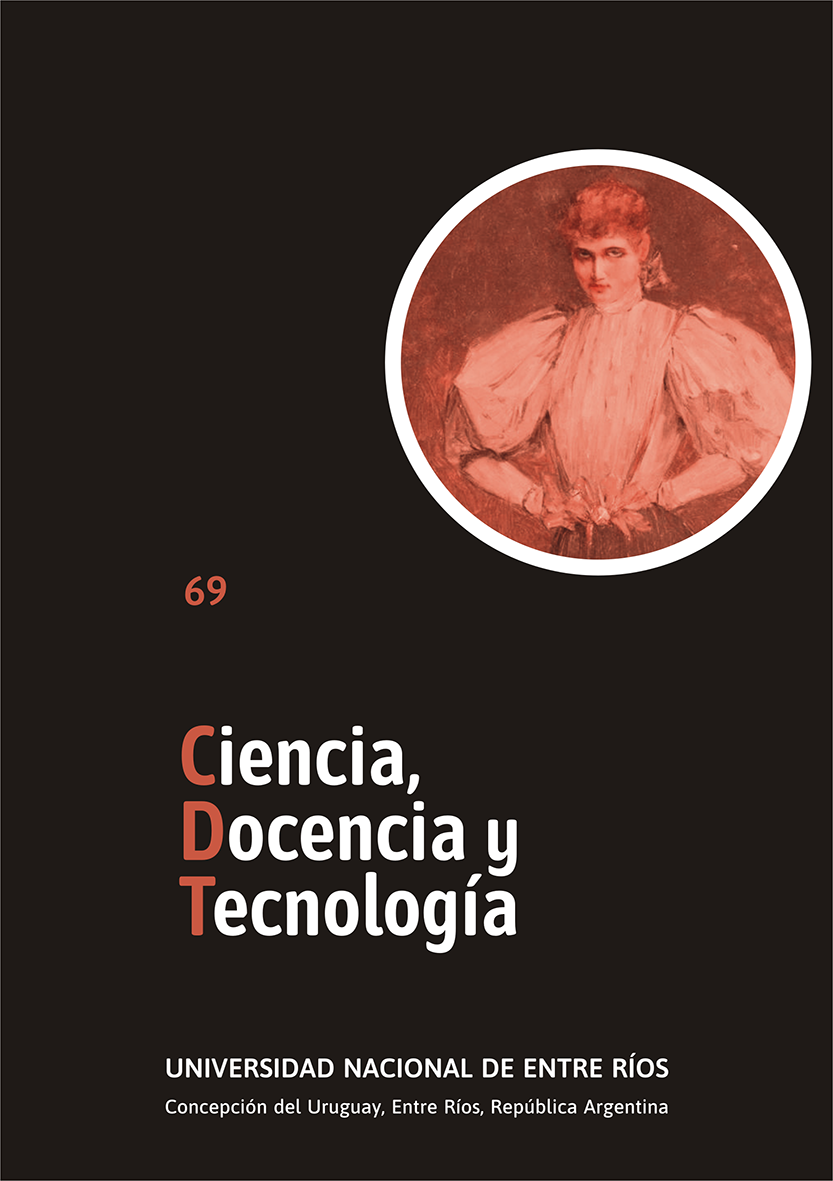Abstract
This article explores the concept of platform from an infrastructural approach, focusing on its role in shaping and regulating the activities it enables. The results presented refer to two types of non-digital platforms: first, the Energy Scenarios Platform, a participatory platform that serves for the formulation of future projections of a vision of the energy matrix and its possible future trajectory; second, four instrumental platforms in nanotechnology, which allow sharing access to and use of a variety of equipment and instruments for research and technology transfer in this field. We successively consider the two types of platforms and analyze them by applying three of the principles of the infrastructural approach proposed by Susan Leigh Star and Karen Ruhleder (2010). The infrastructural approach adopted allows, in particular, to analyze the process of co-production between the technical and political dimensions of the platforms studied, to underline the weight of their material and institutional inertias and to show the organizational adjustments as they occur, restoring the uncertainties and tentativeness that they entail.
References
Aggeri F., Le Masson P., Branciard A., Paradeise C. y Peerbaye A. (2007). Les plates-formes technologiques dans les sciences de la vie. Politiques publiques, organisations et performances. Revue d'économie industrielle, 120, 21-40.
Alvarez-Gayou Jurgenson J. L. (2003). Cómo hacer investigación cualitativa. Fundamentos y metodología. Buenos Aires: Editorial Paidós.
Apperley, Tom, and Jussi Parikka. 2018. Platform Studies’ Epistemic Threshold. Games and Culture 13, no. 4: 349–369.
Bowker G. C. (1994). Science on the Run: Information Management and Industrial Geophysics at Schlumberger, 1920-1940. Cambridge, MA: MIT Press.
Dagiral E. y Peerbaye A. (2012). Les mains dans les bases de données : connaître et faire reconnaître le travail invisible. Revue d'anthropologie des connaissances, 6 (1), 191-216.
Denis J. y Pontille D. (2012). Travailleurs de l’écrit, matières de l’information. Revue d'anthropologie des connaissances, 6 (1), 1-20.
Gillespie, Tarleton (2010). The Politics of 'Platforms'. New Media & Society 12 (3): 347–364.
Heaton L. y Millerand F. (2013). La mise en base de données de matériaux de recherche en botanique et en écologie. Revue d'anthropologie des connaissances, 2013/4 (Vol. 7, n° 4), 885-913.
Hubert M. (2015). Entre mutualisation des infrastructures et diversité des usages. Le travail de mise en plateforme dans les micro- et nanotechnologies, Revue d’anthropologie des connaissances, vol. 9, n°4, p. 467-486. URL : http://www.cairn.info/revue-anthropologie-des-connaissances-2015-4-page-467.htm
Keating P. y Cambrosio A. (2003). Biomedical platforms: realigning the normal and the pathological in late-twentieth-century medicine. Cambridge, MA: MIT Press.
Langley, P. y Leyshon, A. (2017). “Platform capitalism: The intermediation and capitalisation of digital economic circulation”, Finance and society, 3, (1), pp. 11-31.
Merz M. y Biniok P. (2010). How Technological Platforms Reconfigure Science-Industry Relations: The Case of Micro- and Nanotechnology. Minerva, 48, 105–124.
Millerand F. (2015). Infrastructure sociotechnique, in Prud’homme J., Doray P. et Bouchard F. (dir.). Sciences, technologies et sociétés de A à Z. Montréal : Les Presses de l’université de Montréal, 126-129.
OECD (2019). An Introduction to Online Platforms and Their Role in the Digital Transformation. Paris, OECD Publishing.
Peerbaye A. (2005). Compétition, coordination et effets de savoir. La génomique entre recherche académique et recherche industrielle. Sciences de la société, 66, 111-130.
Peerbaye A. y Mangematin M. (2005). Sharing research facilities: towards a new mode of technology transfer. Innovation: Management Practice and Policy, 7, 1, 23-38.
Robinson D., Rip A. y Mangematin V. (2007). Technological agglomeration and the emergence of clusters and networks in nanotechnology. Research Policy, 36 (6), 871-879.
Schmidt, F. A. (2017). Digital labour markets in the platform economy. Mapping the Political Challenges of Crowd Work and Gig Work. Bonn, Friedrich-Ebert Stiftung.
Scholz, T. (2016). Platform cooperativism. Challenging the corporate sharing economy, New York, Rosa Luxemburg Foundation.
Srnicek, N. (2017). Platform capitalism, Londres, John Wiley & Sons.
Star S. L. y Ruhleder K. (2010). Vers une écologie de l’infrastructure. Conception et accès aux grands espaces d’information. Revue d’anthropologie des connaissances, 4 (1), 114-161.
Vinck D. (2009). De l’objet intermédiaire à l’objet-frontière. Vers la prise en compte du travail d’équipement. Revue d’anthropologie des connaissances, 3 (1), 51-72.
Vinck D. (2013). Pour une réflexion sur les infrastructures de recherche en sciences sociales. Revue d’anthropologie des connaissances, 7 (4), 993-1001.
Zukerfeld, M. y Yansen, G. (2022). Plataformas. Una introducción: la cosa, el caos, humanos y flujos. Redes. Revista De Estudios Sociales De La Ciencia Y La Tecnología, 27(53). https://doi.org/10.48160/18517072re53.167

This work is licensed under a Creative Commons Attribution-NonCommercial-ShareAlike 4.0 International License.
Copyright (c) 2023 Matthieu Hubert, María Guadalupe Macedo, Ana Spivak L'Hoste

